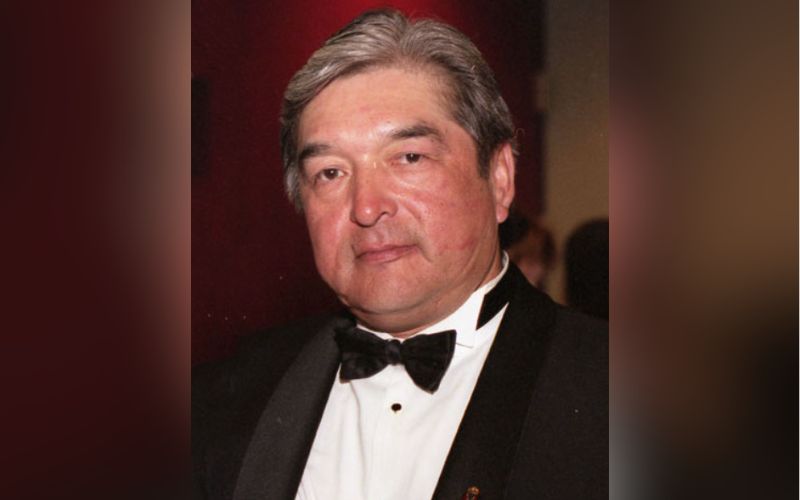
- Details
- By Elyse Wild
Oscar-nominated First Nations actor Graham Greene (Oneida) walked on today, Monday, September 1, 2025. He died in a Toronto hospital after a long illness, according to various reports. He was 73.
Greene was best known for starring alongside Kevin Costner as Kicking Bird in the 1990 film Dances with Wolves. The role earned him an Academy Award nomination for Best Supporting Actor.
Greene was born in 1952 on the Six Nations Reserve in Ontario, Canada. He worked as a recording engineer for rock bands when a friend convinced him to audition for a play. He fell in love with acting and performed on stage before making his television debut in 1979 on an episode of the Canadian drama The Great Detective. In 1983, he broke into film with his first movie role in Running Brave, a biopic about Oglala Sioux Olympian Billy Mills.
Greene went on to star in nearly 40 feature films, including The Green Mile (1999), Thunderheart (1992), Clearcut (1991), Molly's Game (2017), and Transamerica (2005). He appeared in Taika Waititi's groundbreaking FX series Reservation Dogs, HBO's award-winning series The Last of Us, and Taylor Sheridan's series 1883 and Tulsa King.
Throughout his career, he won Grammy, Gemini, and Canadian Screen awards. In June, he was honored with the Canadian Governor General's Performing Arts Award for lifetime achievement.
"He was a great man of morals, ethics and character and will be eternally missed," Greene's agent, Michael Greene (no relation), told Deadline. "You are finally free."
He is survived by his wife, Hilary Blackmore, his daughter Lilly Lazare-Greene, and his son Tarlo Greene.
More Stories Like This
Native News Weekly (August 25, 2024): D.C. BriefsUS Presidents in Their Own Words Concerning American Indians
Two Murdered on Colville Indian Reservation
NDAA passes House; Lumbee Fairness Act Advances
NFL, Vikings to Host Native All-American Game, Youth Flag Clinic
Help us defend tribal sovereignty.
At Native News Online, our mission is rooted in telling the stories that strengthen sovereignty and uplift Indigenous voices — not just at year’s end, but every single day.
Because of your generosity last year, we were able to keep our reporters on the ground in tribal communities, at national gatherings and in the halls of Congress — covering the issues that matter most to Indian Country: sovereignty, culture, education, health and economic opportunity.
That support sustained us through a tough year in 2025. Now, as we look to the year ahead, we need your help right now to ensure warrior journalism remains strong — reporting that defends tribal sovereignty, amplifies Native truth, and holds power accountable.
 The stakes couldn't be higher. Your support keeps Native voices heard, Native stories told and Native sovereignty defended.
The stakes couldn't be higher. Your support keeps Native voices heard, Native stories told and Native sovereignty defended.
Stand with Warrior Journalism today.
Levi Rickert (Potawatomi), Editor & Publisher


